Microsoft Astoria on RDF: "no use" and pushing own format
Mike Bergman blogged about a new release of Microsoft Astoria, where they announce support for Atom, JSON (who-hoo), and Web3s.
I doubt that this can be taken as a signal from the whole Microsoft Corporation but is rather the view of project members of this one project. Nevertheless, its going to be interesting what Microsoft will do: bunker themselves in (terran style) and hope that their customers will never hear of open standards? I doubt, and therefore I do not fully agree with Mike:
This is yet another stunning and lame attempt by Microsoft to replace open standards with proprietary ones. Get a clue, Redmond!
They probably got their clue already, but for big companies it always takes time... HP (Jena), IBM (SLRP) and SUN are faster this time.
I doubt that this can be taken as a signal from the whole Microsoft Corporation but is rather the view of project members of this one project. Nevertheless, its going to be interesting what Microsoft will do: bunker themselves in (terran style) and hope that their customers will never hear of open standards? I doubt, and therefore I do not fully agree with Mike:
This is yet another stunning and lame attempt by Microsoft to replace open standards with proprietary ones. Get a clue, Redmond!
They probably got their clue already, but for big companies it always takes time... HP (Jena), IBM (SLRP) and SUN are faster this time.
|
leobard - 13. Sep, 09:32
|
|
- add comment - 0 trackbacks

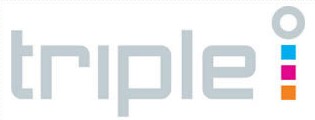
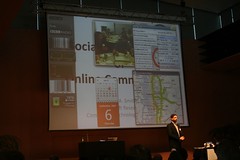
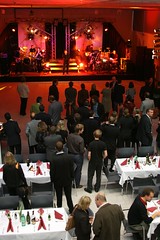
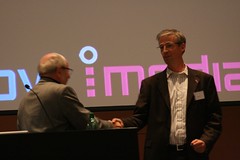
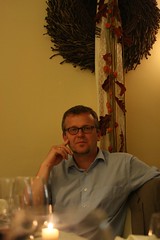

 .
.




